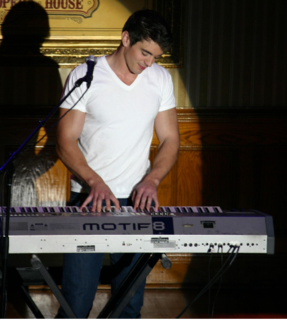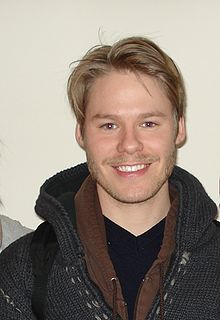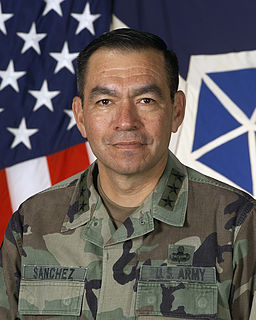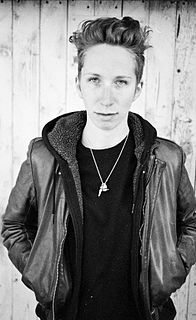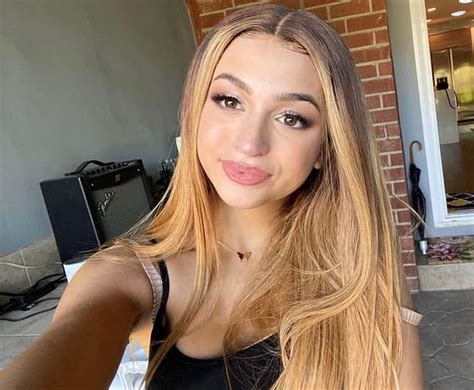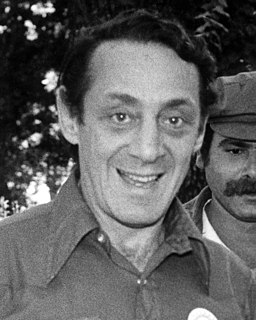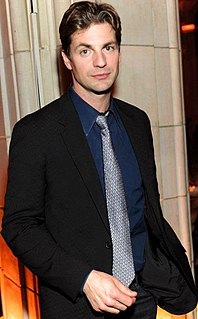A Quote by Jordan Gavaris
I just don't know when, as a society... it sort of only became OK to represent gay people in the traditional sense, where they have a great job and well-adjusted parents and maybe a surrogate or adopted child. When was that the only way you could represent gay people?
Related Quotes
The ball scene was never really only gay people. I think people have this notion that if there's a man hanging around a gay man, he must be gay, but that's just stigma. Back in the day, it was the same; there were lots of different people there: gay, straight, whatever. They did not care what they were called because they knew who they were.
I figured, I am a product of the opportunity the country provided, and I understand the challenges of the middle class and the lower class, and I clearly understand the dynamics at the highest levels of wealth within the country and across this global world. It became clear to me that I could represent the people of Texas - I could represent those people, that segment of society that I came from.
I have to object to this notion that children form their sexuality and their sexual identity from their parents. The truth is that scientists, biologists, we don't know how sexuality is formed in people. And to suggest that people are going to be gay if they're raised by gay parents is just scientifically unfounded.
I think, almost, the film industry thinks that by making gay characters super masculine, it's an attempt at saying being gay is OK if you act like straight people. I don't think we should just have gay characters who are 100 percent femme, either. I just think it's about that mix and creating more diverse gay characters.
I cannot prevent anyone from getting angry, or mad, or frustrated. I can only hope that they'll turn that anger and frustration and madness into something positive, so that two, three, four, five hundred will step forward, so the gay doctors will come out, the gay lawyers, the gay judges, gay bankers, gay architects I hope that every professional gay will say 'enough', come forward and tell everybody, wear a sign, let the world know. Maybe that will help.
For a while, the gay thing seemed like such a big deal. But now, I don't think it is. It's just a comedy-drama about people who live in the United States. It's a slice-of-life. I play a character-that's it. But I was well aware of the gay lifestyle before the show. I've been hit on in a really strong way by gay men who've tried to convert me, and a lot of my heroes are gay. William Burroughs, Lou Reed. Well, I guess Lou Reed is bi. The point is, it's 2002, gay life is no longer that shocking.

